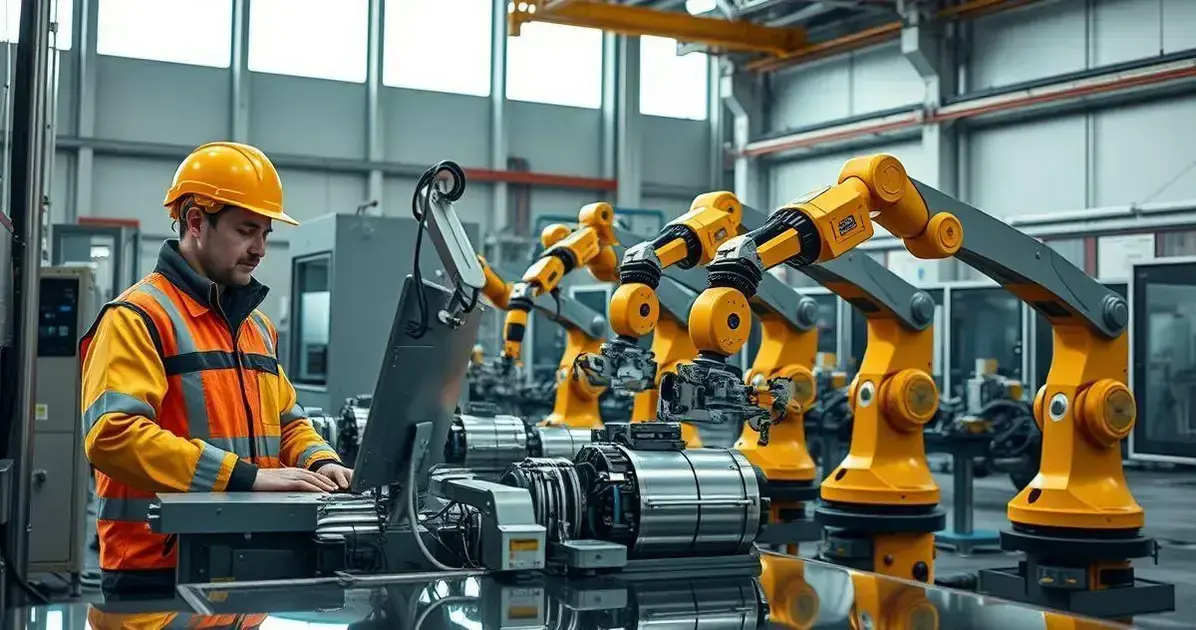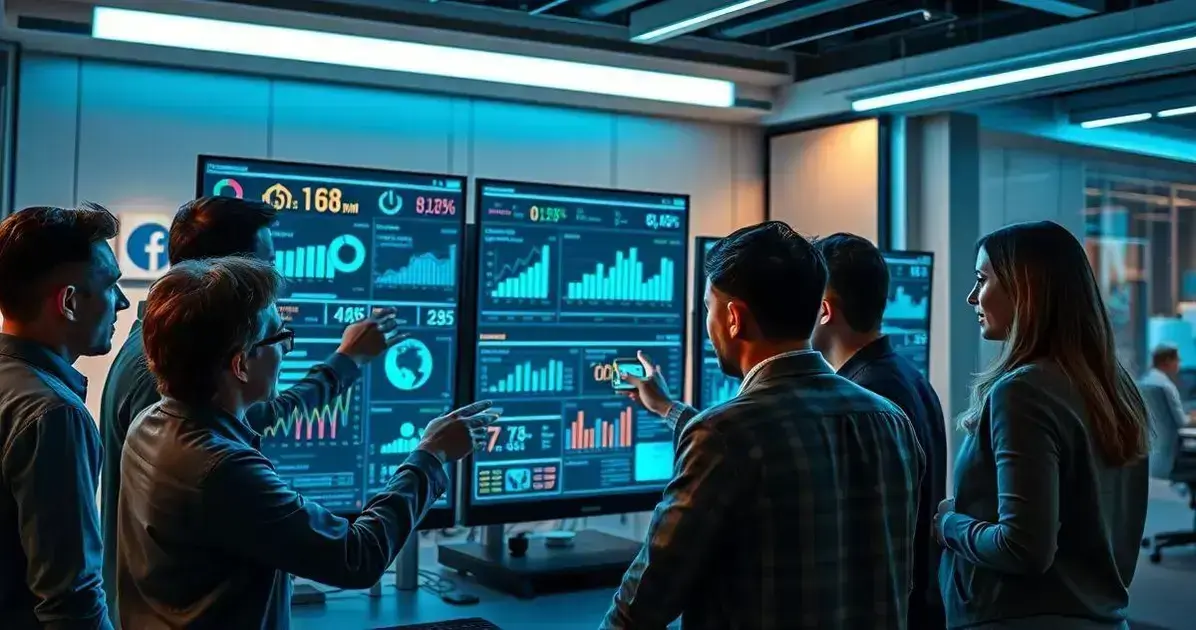Announcements
Technology is redefining economies worldwide. From digital innovation to automation, every aspect of our lives is being reshaped. Understanding how technology shapes economy helps us navigate these changes.
As industries adopt new technologies, they experience shifts that affect jobs, trade, and economic growth. Insight into these transformations is crucial for adapting to a fast-paced world.
Keep reading to discover the profound ways technology influences economic landscapes and what it means for our future.
Announcements
The Role of Innovation in Economic Growth
Innovation plays a crucial role in economic growth. When new ideas and technologies emerge, they create opportunities for businesses to expand and compete. These innovative practices often lead to better products and services, which attract more customers and drive profits.
New technologies can increase productivity by making processes more efficient. For example, when companies adopt advanced machinery or software, they can produce goods faster and with higher quality. This boost in productivity helps the economy grow by creating more jobs and increasing overall output.
Announcements
Furthermore, innovation can lead to new markets and industries. As businesses develop unique solutions to problems, they often find entirely new ways to serve customers. This constant evolution fosters a dynamic economy, where growth is driven by creative thinking and technological advancement.
Impact of Digital Transformation on Jobs
Digital transformation is changing the job landscape in many ways. Companies are adopting new technologies that make work faster and more efficient. While this brings many benefits, it also means that some jobs may change or disappear as new tools replace old tasks.
Many jobs now require digital skills that did not exist before. Workers are learning to use software, manage data, and operate advanced machinery. This shift is creating a demand for tech-savvy employees, pushing schools and training programs to better prepare students for these new careers.
At the same time, digital transformation can lead to job creation in unexpected areas. For instance, as businesses grow online, they need more people to manage websites, social media, and customer service. These new jobs provide exciting opportunities for workers willing to adapt and learn new skills.
How Automation Affects Labor Markets

Automation is having a big impact on labor markets around the world. Machines and software are taking over tasks that used to be done by people. While this can make work faster and cheaper, it also means some jobs may disappear, leading to concerns for many workers.
However, automation does not only take jobs; it can also create new ones. For example, as companies invest in robots and technology, they often need workers to design, maintain, and program these machines. This shift requires workers to gain new skills, which can lead to higher-paying jobs in tech-related fields.
Moreover, automation can lead to changes in job types and work environments. Many jobs will become more focused on overseeing machines or analyzing data instead of doing repetitive tasks. This evolution offers opportunities for workers to engage in more interesting and fulfilling work that adds greater value to businesses.
Technological Advancements in Global Trade
Technological advancements are changing global trade in exciting ways. With the rise of the internet and mobile technology, businesses can communicate and connect with customers around the world. This has opened up new markets and opportunities for selling products and services to a larger audience.
Shipping and logistics have also improved thanks to technology. Companies now use advanced tracking systems and automated processes to move goods quickly and efficiently. This not only reduces costs but also makes it easier to manage supply chains and meet customer demands.
Additionally, digital payment systems have made international transactions safer and more convenient. Businesses can transfer money instantly, breaking down barriers to trade. These advancements are helping economies grow by allowing countries to engage with each other more easily than ever.
The Sharing Economy and its Influence
The sharing economy is changing how people think about ownership. Rather than buying items, many people are choosing to share or rent them. This shift is driven by platforms like Uber and Airbnb, which make it easy for individuals to provide services or accommodations using their own assets.
This economy encourages collaboration and helps reduce waste. By sharing resources, communities can make better use of what they have. For example, when people share tools or cars, they save money and lower their environmental impact while building stronger social ties.
Moreover, the sharing economy has influenced traditional businesses. Many companies are starting to adapt their models to include sharing practices. This trend shows how technology shapes economy by fostering new ways of doing business and increasing access for everyone, making services more affordable and convenient.
Role of AI in Market Dynamics

Artificial Intelligence (AI) is changing how markets operate. By using AI systems, businesses can analyze large amounts of data quickly to understand customer behavior and market trends. This ability allows companies to make smarter decisions about pricing, product offerings, and marketing strategies, often leading to increased sales and customer satisfaction.
AI also enables better forecasting of market dynamics. Companies can predict shifts in demand and adapt their strategies accordingly. For instance, if AI detects a rise in interest for certain products, businesses can adjust their inventory and promotions to meet that demand, keeping them competitive in a fast-paced market.
Furthermore, AI improves customer experiences by personalizing interactions. Businesses can use AI to recommend products based on individual preferences. This not only enhances the shopping experience but also contributes to customer loyalty, showing how AI impacts both the market and the economy overall.
Future Trends in Tech and Economics
The future of tech and economics is exciting and full of possibilities. One trend is the rise of advanced artificial intelligence and machine learning. These technologies will enable businesses to automate more processes and make better decisions based on data analysis. As AI becomes more integrated into daily operations, we can expect faster and more efficient economic growth.
Another trend is the increasing importance of sustainability in technology. Companies are looking for ways to minimize their environmental impact while maximizing profits. This shift is leading to innovations in clean energy, eco-friendly products, and sustainable supply chains, reshaping the economic landscape as consumers demand greener options.
Finally, the gig economy is expected to grow. More people are choosing flexible work options, enabled by technology platforms that connect freelancers with clients. This change is leading to new job markets and influencing traditional employment, impacting how economies function and adapt to the changing workforce.







